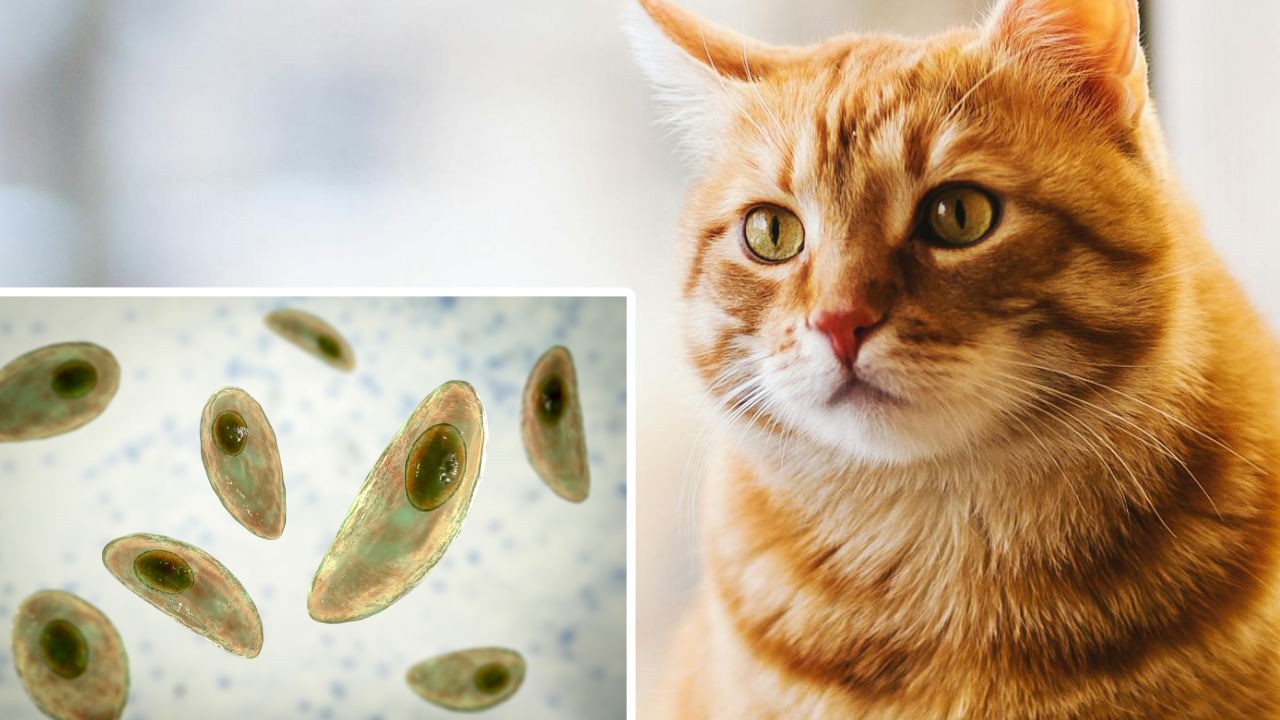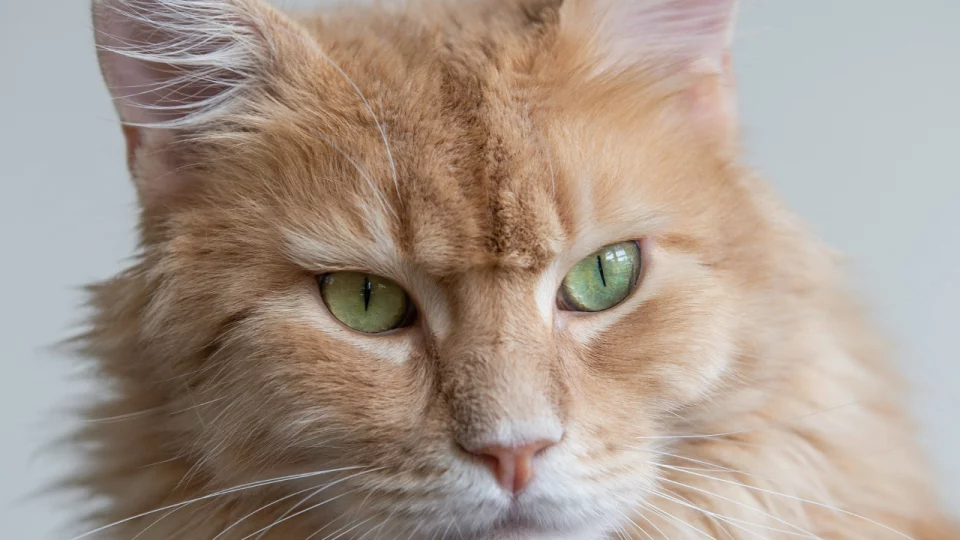In recent years, researchers have suggested a surprising and somewhat controversial link between owning a cat and an increased risk of developing schizophrenia-related disorders. This connection, which stems from exposure to the parasite Toxoplasma gondii (T. gondii), has raised concerns and prompted further scientific inquiry.
While owning a cat has long been associated with companionship and emotional support, studies suggest that it may also carry hidden risks.
Table of Contents
The Research Behind the Claim
The potential link between cat ownership and schizophrenia has been studied for several decades. A recent analysis led by Australian researchers, including psychiatrist John McGrath from the Queensland Centre for Mental Health Research, examined 17 studies published over the last 44 years. The studies involved data from 11 countries, including the United States and the United Kingdom, and sought to investigate whether cat ownership is associated with a higher likelihood of developing schizophrenia-related disorders.
The results of this meta-analysis were intriguing: the researchers found that owning a cat was associated with roughly twice the odds of developing schizophrenia or related mental health disorders. However, these findings were not without their limitations. Many of the studies included in the analysis were case-control studies, which are limited in their ability to establish cause and effect. Additionally, the quality of some of the studies was deemed low, leading the researchers to caution against drawing firm conclusions until more rigorous research is conducted.
Despite these caveats, the possibility of a connection between cat ownership and schizophrenia risk remains an area of active interest. At the heart of this debate lies the parasite Toxoplasma gondii, which is commonly transmitted through cats and has been linked to various neurological and behavioral changes in humans.
Understanding Toxoplasma Gondii: The Parasite Behind the Risk

Toxoplasma gondii is a single-celled parasite that infects many warm-blooded animals, including humans. Cats, however, play a unique role in the parasite’s life cycle as the only definitive host where T. gondii can reproduce sexually. The parasite is primarily spread through contact with contaminated cat feces, consumption of undercooked meat, or exposure to contaminated water.
It’s estimated that up to 40 million people in the United States alone may be infected with T. gondii, often without showing any symptoms. While the infection is usually harmless and remains dormant in healthy individuals, it can pose risks in certain circumstances. In particular, T. gondii has the ability to infiltrate the central nervous system, where it can influence neurotransmitters and potentially alter brain function. This has led to speculation that the parasite could be a contributing factor in the development of schizophrenia and other psychiatric disorders.
The Link Between T. gondii and Schizophrenia
The idea that T. gondii infection could be linked to schizophrenia first emerged in the 1990s, with several studies suggesting that exposure to the parasite might increase the risk of developing the disorder. Schizophrenia is a chronic mental health condition that affects a person’s thoughts, emotions, and behaviors. Symptoms often include hallucinations, delusions, disorganized thinking, and social withdrawal.
While the exact cause of schizophrenia remains unknown, researchers believe that a combination of genetic, environmental, and biological factors contributes to its development. The potential role of T. gondii in this process has been explored through studies that examine how the parasite may affect brain chemistry and increase susceptibility to psychotic symptoms.

Some studies have shown that individuals with schizophrenia are more likely to test positive for T. gondii antibodies, indicating past infection. Additionally, research has found correlations between childhood exposure to cats and higher rates of schizophrenia later in life. However, the evidence is far from conclusive. While some studies support a connection between T. gondii and schizophrenia, others have found no significant association.
Conflicting Findings and the Need for Further Research
One of the challenges in studying the relationship between cat ownership, T. gondii infection, and schizophrenia is the inconsistency in findings across different studies. For example, one study conducted in the United States involving 354 psychology students found no significant association between owning a cat and higher scores on tests measuring schizotypy (a personality trait associated with schizophrenia). However, the same study did find that students who had been bitten by a cat scored higher on these tests, suggesting that other factors, such as cat bites or exposure to different pathogens, may play a role.
Another study found that while there was no significant association between owning a cat before the age of 13 and developing schizophrenia, a specific link emerged when narrowing the period of cat ownership to ages 9 to 12. This raises questions about whether there might be a critical window during childhood when exposure to cats or T. gondii poses a greater risk for schizophrenia.
Given the mixed results of these studies, McGrath and his team have emphasized the need for more high-quality research. They argue that future studies should use larger, more representative samples and control for potential confounding factors. This would help clarify whether cat ownership is truly a risk factor for schizophrenia or whether other variables are at play.
Alternative Explanations: Is It Really the Cats?
While T. gondii has garnered significant attention as a potential culprit, some researchers have proposed alternative explanations for the observed associations between cat ownership and schizophrenia. For example, it’s possible that individuals with a genetic predisposition to schizophrenia may be more likely to own cats for reasons unrelated to the parasite. Alternatively, there may be other environmental or social factors linked to both cat ownership and schizophrenia risk.
Additionally, it’s worth noting that other pathogens, such as Pasteurella multocida, which can be transmitted through cat bites or scratches, have been associated with psychological symptoms. This further complicates the picture and suggests that the relationship between cats, infections, and mental health may be more nuanced than previously thought.
